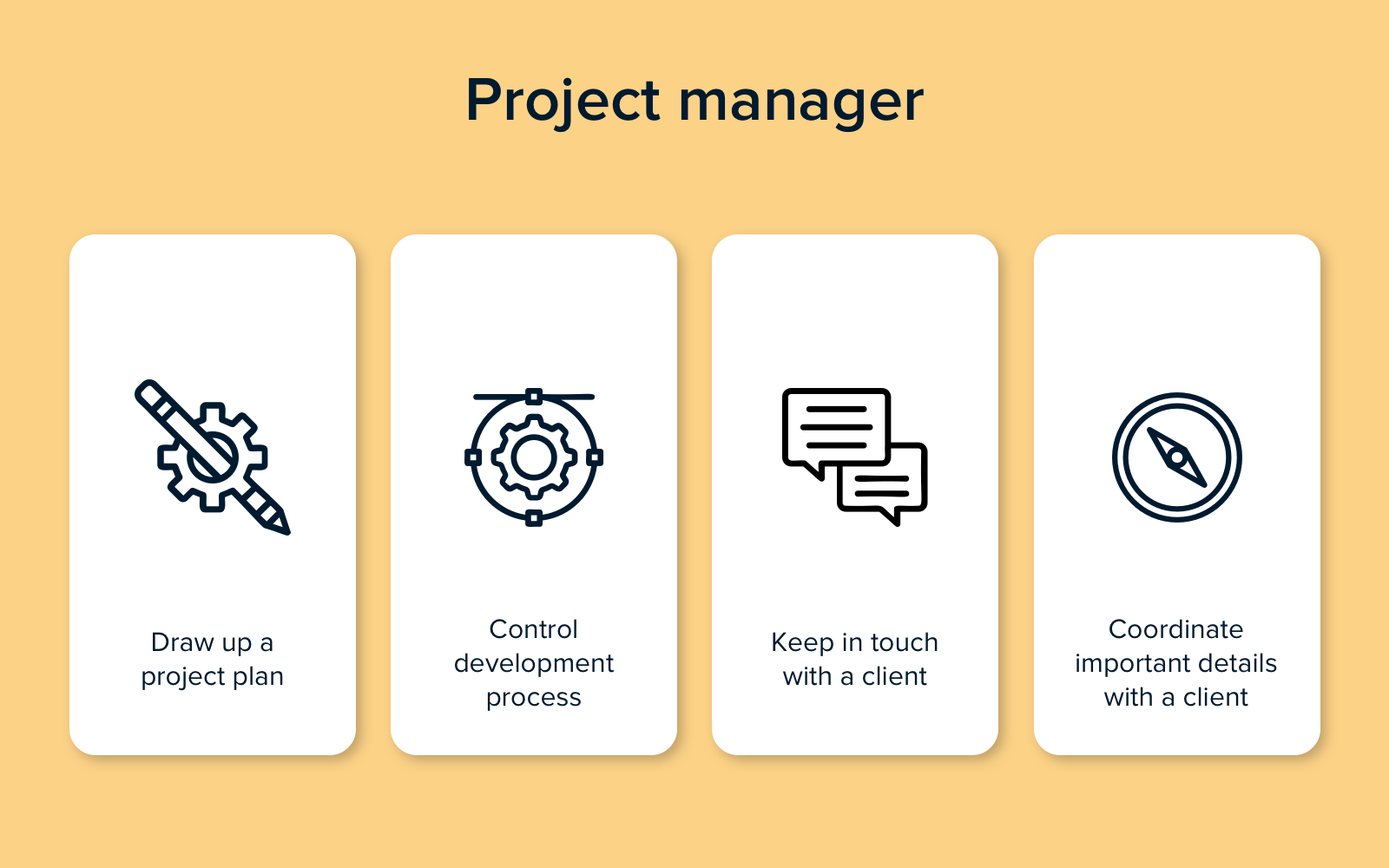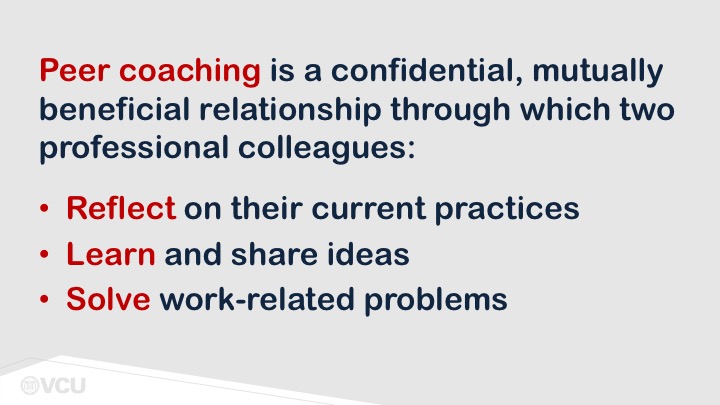
You can help your team achieve amazing results as a leader by giving them the ability to make decisions and delegating responsibility. The ability to listen is one of the most important skills for team development. This will help you understand your team members and allow you to provide and receive feedback. Delegating decision-making to others is crucial for team dynamics.
TCo framework
The TCo framework is a multidimensional approach for team development. While TCo is primarily focused on the early development stages of a team, it has proven to have significant downstream effects on team performance and processes. TCo not only focuses on team composition and process, but also considers cognitive styles, general mental abilities, cultural diversity and emotional intelligence.
In this framework, team members are assessed according to their differences and similarities. Individual differences such as age, gender and race are taken into consideration. The ability to solve difficult problems is evaluated by team members with different levels in experience and knowledge. TCo stresses that it is important to understand the differences between team members and their unique abilities to solve problems.

There are stages to team development
Different stages of team building refer to different stages. The first stage involves building a team, while the second stage is the dismantling of the team. This stage is where the team celebrates and grieves the accomplishment. This stage is the final one.
In the first stage of team building, members of the team are still getting along with each other. This is where teams begin to develop their identity and establish roles and responsibilities. This stage is where members are not as productive and are still trying figuring out what their roles are in the group.
Tools for team building
The holistic approach to team development must include the development and use of human skills by leaders and team members. These include building empathy, trust, and communication. These skills cannot be taught through a formal training session but must be practiced and cultivated over time. Luckily, there are a number of tools available to help leaders and teams develop these important traits.
The best tools to help team development are usually free or cheap. One of the most common team building activities is the Tower of Power. This activity requires members of a team to plan, communicate and build a tower under a time limit. This exercise helps members to be true to their organization's values and allows them to see the dynamics within their teams.

Different approaches to team development
There are many options for team building. Some emphasize team dynamics, intergroup communication, decision-making, accountability, and continuous reflection and growth. Others focus on a more theoretical approach. Whatever your approach, it is important to realize that team development takes time. It is important to set a long-term goal for team development.
Team development involves guiding individuals to become a more efficient and effective unit. A process of transformation is used often to achieve this. In this way, individual contributors' goals are combined with the team goals. Team development is becoming more important as bureaucratic hierarchies diminish and the need to have horizontally-oriented groups grows.
FAQ
What qualifications are required to become a life coach
A life coach who is successful must be able to understand the human mind, psychology, and motivation. They also need to understand how people think and behave, and they should know what motivates them.
Life coaches are also expected to have excellent listening and communication skills. He or she must also be able to motivate clients and keep them on the right track.
Successful life coaches must be flexible enough that they can adapt their approach to meet changing needs.
What should you be focusing on in your life coaching?
The ability to support people to develop their strengths and talents to achieve their goals.
To understand how they think, what motivates and where they fall short. To help them discover solutions to the problems they have.
To give them self-belief and confidence so they can take control of their lives.
To help them make better decisions and move forward.
Teach your children how to be happier and healthier, more fulfilled, happier, and more successful.
To encourage them to develop practical communication skills.
To build strong relationships.
To show them how to manage their time effectively.
To help them understand how to motivate themselves and others.
To show them how to lead by example.
What does a relationship coach do?
A relationship coach is someone who helps you to develop the skills necessary for strong relationships.
They can help you better understand yourself, what others think about you, and how you are perceived by them. They are there to support you when and where you need them.
A relationship coach understands self-care is important and will encourage clients to find things that make their lives happy.
Relationship life coaches have a broad understanding of human behavior and emotional intelligence, enabling them to quickly identify issues and problems and respond accordingly.
A relationship coach can help you at any stage of your lives, including getting married, having children or moving to a new place, managing conflict, overcoming addictions and improving communication skills.
Can a life coach help with anxiousness?
There are many kinds of anxiety disorders. It is important to recognize this. Each individual responds differently to the same stimuli. It is best to first identify the anxiety type before you approach anxious clients.
This will allow you to develop a plan for treatment that addresses their specific issue.
Life coaching can help people take control and manage their lives. This is why it is so useful for those who struggle with stress, anxiety, and other relationship issues.
Consider whether your life coach is a specialist in helping clients to deal with these kinds of issues.
It is also important to find out if the coach offers workshops and group counseling.
This will allow you and your partner to meet regularly to discuss your progress.
You should also inquire about the coach's credentials and training.
What are the responsibilities of a life coach?
A life coach can help people reach their personal goals by offering education on nutrition, fitness and work/life balance. They also provide guidance on relationships, career development, and health.
A life coach should also help clients develop positive attitudes towards self-improvement and set achievable goals for change.
The most important thing a life coach does is provide support and encouragement. They don't have all the answers but they know how to ask questions and guide you towards solutions.
They will help you make the right decisions and move towards your goals.
Statistics
- Life coaches rank in the 95th percentile of careers for satisfaction scores. (careerexplorer.com)
- Needing to be 100% positive and committed for every client regardless of what is happening in your own personal life (careerexplorer.com)
- According to relationship researcher John Gottman, happy couples have a ratio of 5 positive interactions or feelings for every 1 negative interaction or feeling. (amherst.edu)
- 80 percent of respondents said self-confidence improved, 73 percent said relationships improved, 72 percent had better communication skills, and 67 percent said they balanced work and life better. (leaders.com)
- People with healthy relationships have better health outcomes, are more likely to engage in healthy behaviors, and have a decreased mortality risk.1 (verywellmind.com)
External Links
How To
What does a life coach do?
A life coach helps people improve their lives by providing advice on personal development, career guidance, relationship counseling, business coaching, financial planning, health & wellness, and more.
Individuals who want to make positive life changes can get support from a life coach. They might also be able to help people who struggle with depression, anxiety or addiction, grief, trauma and loss.
Life coaches may use a variety of methods to assist clients in achieving their goals. Motivational interviewing (MI), goal-setting, self-reflection and assertiveness training are some of the most popular techniques.
Life coaching has emerged as an alternative therapy to traditional psychotherapy. While coaching is typically less expensive than traditional psychotherapy, it offers similar services. Life coaches often specialize in specific areas such as love relationships or parenting. While some coaches work exclusively with adults, others focus on children and teens. Other coaches may have expertise in other areas such as sports performance, fitness, nutrition, or education.
Life coaching has many benefits:
-
Helping people achieve their goals
-
Relationship improvement
-
How to deal with problems
-
Overcoming challenges
-
Improving mental health
-
Acquiring new skills
-
Building confidence
-
Motivation increases
-
Building resilience
-
Finding meaning in your life
-
Make healthy lifestyle choices
-
Reducing stress
-
Managing emotions
-
Discovering strengths
-
Enhancing creativity
-
Working through change
-
Coping With Adversity
-
Conflict resolution
-
Peace of Mind
-
Financial improvement
-
Boosting productivity
-
Fostering happiness
-
Finding balance in your life
-
Moving through transitions
-
Strengthening community bonds
-
Being resilient
-
Healing from losses
-
Finding fulfillment
-
Optimizing opportunities
-
Living well
-
Leadership is possible
-
Your success is yours
-
Succeeding at work and school
-
How to get into college and graduate school
-
Moving forward after divorce